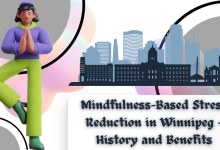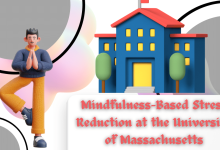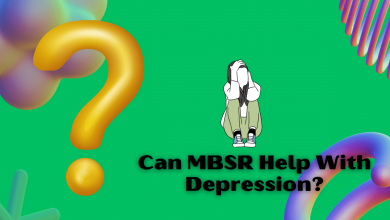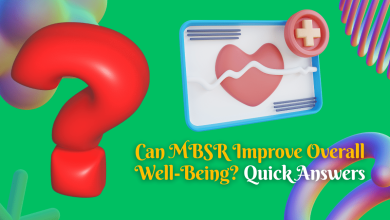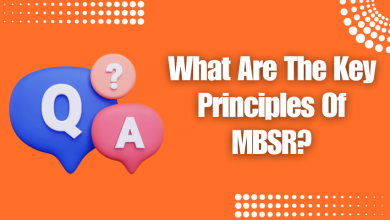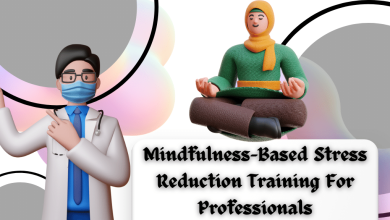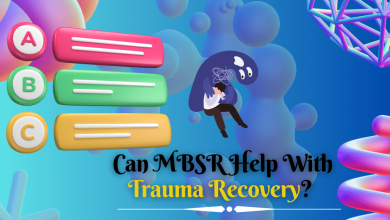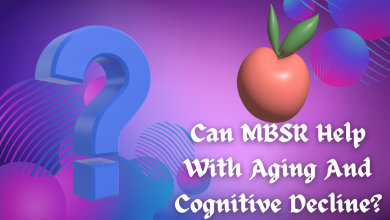Is MBSR A Form Of Therapy Or Treatment?
Mindfulness-Based Stress Reduction (MBSR) is a structured eight-week program that combines mindfulness meditation, body awareness, and yoga.
It aims to help individuals increase their awareness and acceptance of the present moment, reduce their tendency to judge their thoughts and feelings, and improve their coping mechanisms when faced with stressful situations.
However, the question arises as to whether MBSR is a form of therapy or treatment.
Is MBSR A Form Of Therapy Or Treatment?
MBSR is not considered a form of therapy in the traditional sense, as it does not involve a therapist diagnosing and treating a mental health disorder.
Instead, MBSR is a form of self-help, where individuals learn techniques and skills to manage stress and improve their overall well-being.
MBSR has been shown to be effective in reducing symptoms of anxiety, depression, and chronic pain.
For example, a study published in the Journal of Clinical Psychology found that MBSR was effective in reducing symptoms of anxiety and depression in individuals with generalized anxiety disorder.
Another study published in the Journal of Psychosomatic Research found that MBSR significantly reduced the severity of chronic pain in patients with fibromyalgia.
MBSR is not intended to replace traditional therapy or medication for mental health disorders.
However, it can be used as a complementary treatment alongside other forms of therapy or medication.
For example, a study published in the Journal of Psychiatric Practice found that MBSR was an effective complementary treatment for individuals with the major depressive disorder who were also taking antidepressant medication.
MBSR can also be used as a form of prevention.
For example, a study published in the Journal of Consulting and Clinical Psychology found that MBSR reduced the risk of relapse in individuals with major depressive disorder.
Although MBSR is not considered a form of therapy, it can have therapeutic benefits.
By increasing awareness and acceptance of the present moment, individuals can gain insight into their thoughts and emotions, which can help them manage stress and improve their overall well-being.
MBSR is often used in healthcare settings, such as hospitals and clinics, as a form of treatment for a variety of health conditions.
For example, a study published in the Journal of Alternative and Complementary Medicine found that MBSR was effective in reducing symptoms of depression in breast cancer patients.
Another study published in the Journal of Occupational Health Psychology found that MBSR improved job satisfaction and reduced burnout in teachers.
MBSR can also be used in non-clinical settings, such as workplaces and schools, to improve overall well-being and reduce stress.
For example, a study published in the Journal of Occupational Health Psychology found that MBSR improved job satisfaction and reduced burnout in teachers.
Another study published in the Journal of Child and Family Studies found that MBSR was effective in reducing symptoms of anxiety and depression in children and adolescents.
Rounding UP, MBSR is not considered a form of therapy in the traditional sense, as it does not involve a therapist diagnosing and treating a mental health disorder.
Instead, MBSR is a form of self-help that can be used as a complementary treatment alongside other forms of therapy or medication.
MBSR can have therapeutic benefits, such as increasing awareness and acceptance of the present moment, which can help individuals manage stress and improve their overall well-being.
MBSR can be used in a variety of settings, including healthcare, workplaces, and schools, to reduce stress and improve overall well-being.

